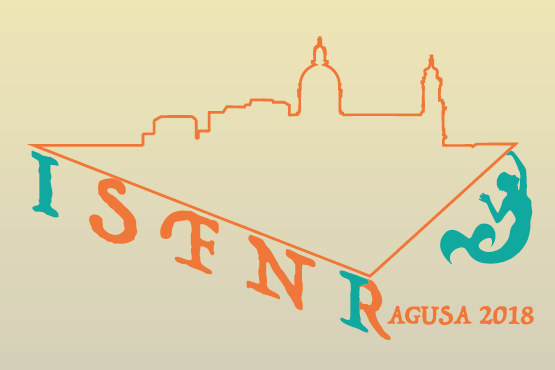ISFNR 2018: "Folk Narrative in Regions of Intensive Cultural Exchange"
 Interim Conference of the International Society for Folk Narrative Research (ISFNR 2018) / Folk Narrative in Regions of Intensive Cultural Exchange
Interim Conference of the International Society for Folk Narrative Research (ISFNR 2018) / Folk Narrative in Regions of Intensive Cultural Exchange
Ragusa, Sicily, Italy, 12-15 June 2018
The complexity of the field of Folk Narrative Research provides ample opportunities to compare different points of view and methods of study. In particular, the renewed interest in “identifying the origins of themes and motives, the reconstruction of their history, the process of their spread, their journeys and their metamorphosis” (Pioletti, Miti, temi, motivi fra folclore e letteratura, oralità e scrittura, 2010, p. 302) offers a multitude of perspectives on the encounters with the Other by focusing on regions of intensive cultural exchanges. As folkorists know well, the transmission (and ensuing transformation) of narratives over time is subject to processes of selection and assimilation. This often happens for ideological purposes which endorse views focused on the uniformity of cultural identities, rather than comparison and exchange. At the same time, folk narratives display a unique capacity to migrate, on the way crossing numerous borders and transforming the cultures they touch as well as being transformed themselves. Many other stories are hidden behind the transformations of folk narratives.
Within this framework, we invite papers and panels dealing with “the encounter” of cultures, with a particular focus on folk narratives. We encourage contributions with interdisciplinary approaches related to enlarged, dialogical, and critical perspectives. In particular, we suggest contributions to focus on the “journey” of oral narratives, myths, themes, and motives, through time and space, by analyzing the plural and intercultural nature of processes related to building and re-building identities (Lotman, Una teoria del rapporto reciproco fra le culture, 1992, pp. 126-127). In addition to enlightening aspects of regional relevance, the study of areas of extensive cultural exchange will lead to reassessing fundamental categories, such as the relationship between memory and function in myth and legend; linguistic strategies of exchange; the dynamics of losing, latency, interpolation, reactivation of meanings, structures, themes and “itinerant” motives in the folk tales.
Local organizer: SDS of Foreign Languages and Literatures of Ragusa - Department of Human Sciences, University of Catania